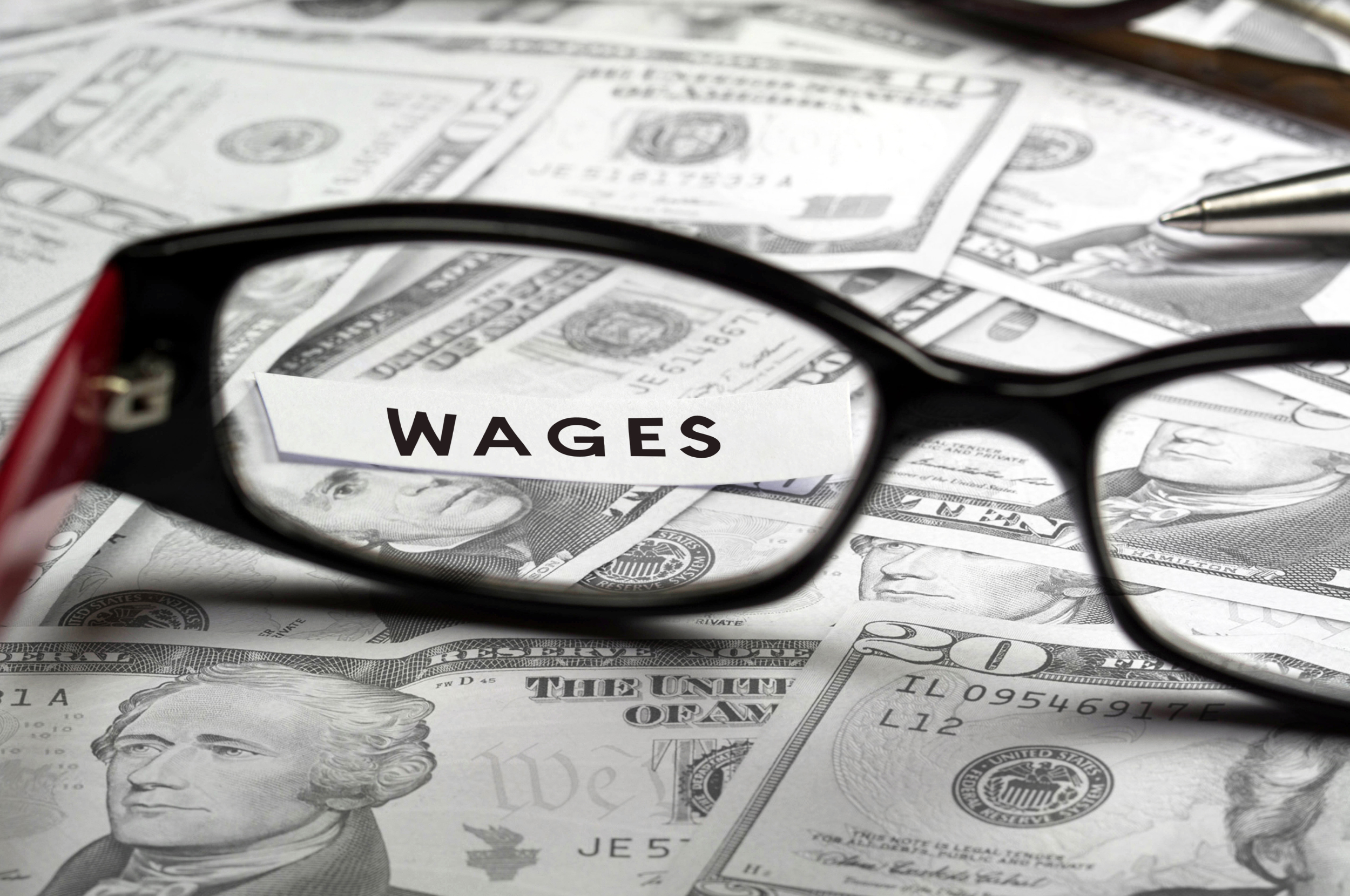Dear Mr. Wage
Thank you for the question. When Kimberly Jones was 16 years old, she got her first part-time job at Kroger as a courtesy clerk. The money she made at Kroger would go towards her tennis shoes and apparel from Express. It wasn’t difficult for her to sustain gas finances because she was one of the few people among her group of friends that actually owned a car, so if she drove her friends, they would contribute a dollar. In addition, Jones lived with both her father and mother, being in a two paycheck household. As a result, she never had to set aside any money for rent, utilities, or groceries. And because of all this, Jones lived on minimum wage just fine as it was also a legal provision. She knew if she worked at Kroger for an extensive amount of time, she would be able to receive a raise in her wage.
However, when 2008 came, the mortgage crisis emerged, causing millions of people to lose their jobs and homes. An abundance of people, who were considered significantly accomplished back then, are now employed in a position working for minimum wage. That is when Jones remembered the term, “living wage,” being born. The term developed adjacently with the rising number of working adults that did not have alignment with a more progressive combination of beginner’s level and high paying job opportunities.
But can people genuinely live on a minimum wage in today’s world?
Read more about it here: Minimum Wage VS Living Wage VS Essential Wage


